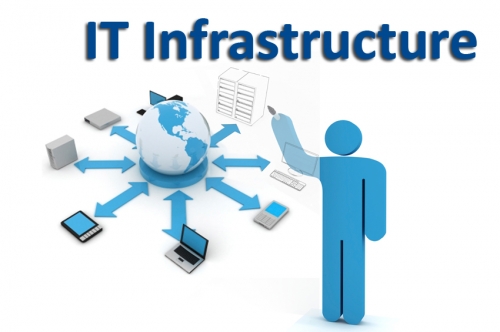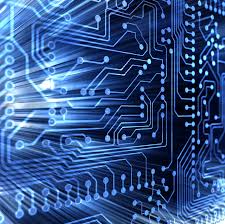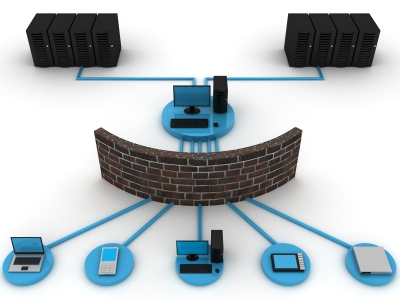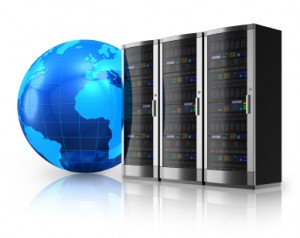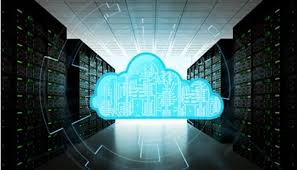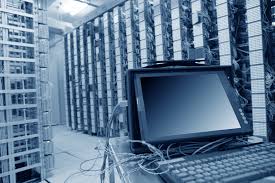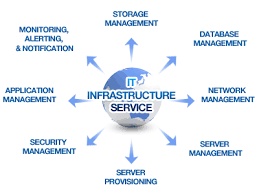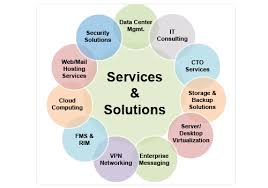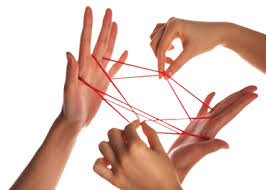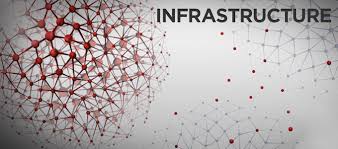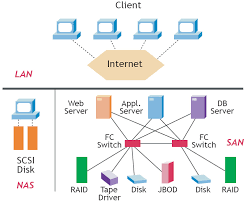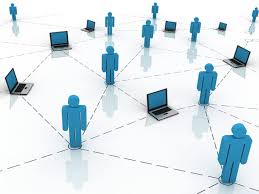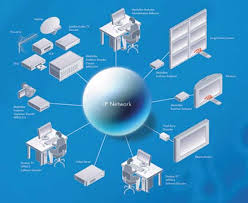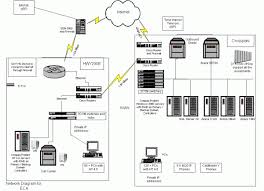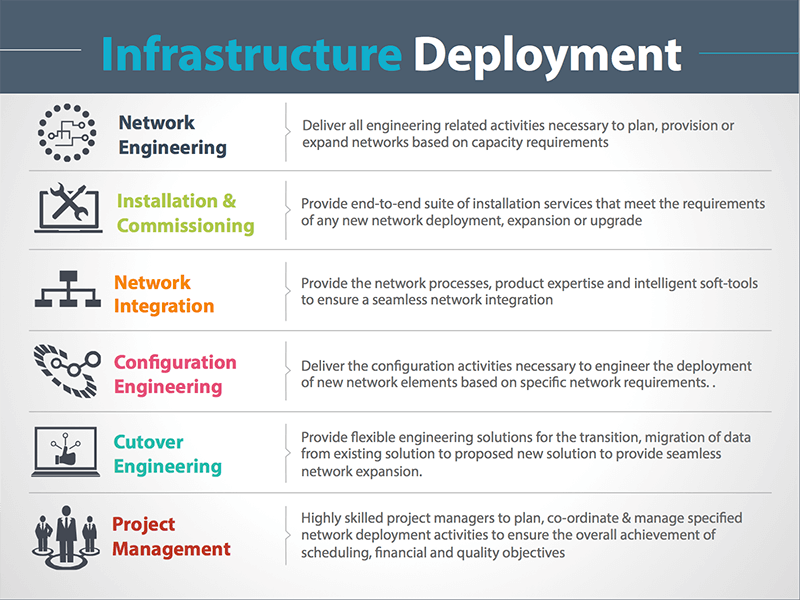IT Infrastructure
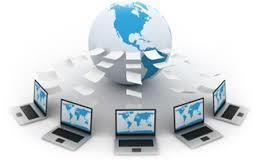
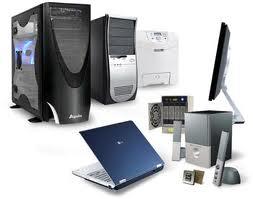
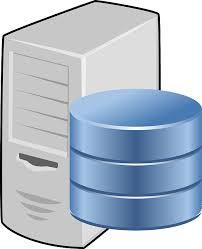
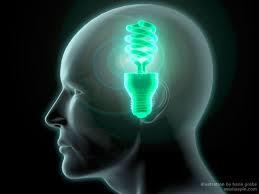
Companies cannot progress optimally without the help of Information Technology. IT takes away a lot of rudimentary jobs out of the hands of working and controlling employees. Their time can be better used for the progress of the company. IT is in fact a support arm for any organization. Keeping all information manually and digging out necessary information when needed is a tedious job even if all information and files are organized well. Timely information at the tip of a finger is always a catalyst to improve business. Properly implemented IT Solutions will ensure this.
IT Solutions include the complete infrastructure - Hardware, Networking, Storage, Application Software, Web Applications and so on. Solutions available for any one task are plenty. So, it is important to identify the correct solution suitable for your business. Wrong selection of a solution will lead to waste of money, time and difficulties. A good, experienced Consultant will be able to study and identify the suitable solution depending on the need, easiness to use, output/benefits from it, the financial impact and of course the future growth of the company.
Hardware: The Servers, Computers, Printers and other associated equipments. These equipments are made by several international vendors. Different models, sizes and configuration are available. There can be financial and time loss unless the Right choice is made.
Networking: Every organization will have different activities & departments. The organization will benefit only if all the activities of the organization are integrated and collaboratively used. So every computer in an organization need to be connected together to make inputs and access/retrieve central data. There are several supporting activities within a network to protect data. These are to be identified and recommended by an expert in this field.
Storage: For multiple users to share the information within an organization, the data need to be centrally located. This can be a simple File Server or up to very large Storage systems depending on the size of data and number of users accessing it. Data storage should ideally have protection and redundancy. Unless the Right choice is made in the beginning itself, the organization can run into financial and business loss.
Backup: Backing up the vital data is very important. The data is stored on electronic devices and they are safe to some extent. But any device could fail/malfunction at times. So, it is extremely important to keep a copy of the data separately. Backup strategy itself is a broad area depending on the nature of business. Many companies in the SME sector fail to do this regularly due to ignorance or lack of knowledge.
Operating System: Hardware is useless without OS. OS is the backbone which runs the hardware. Several OS’s are available today. Main OS’s used in the SME sector are Windows, Unix, Linux, etc.
Database: Like hand-written papers are stored in files, computer data are stored in a database. The database can be compared to a cabinet which has several drawers. The data is stored in these drawers, organized in a way to retrieve it fast. Several types of databases are available. Most common are Flat File systems and RDBMS (Relational Data Base Management System). RDBMS data storage is more secure and can store very large amount of data without affecting the speed. Few of the common RDBMSs available are Oracle, MSSQL, MySQL, DB2, etc.
Application Software: Even if the organization has implemented the best hardware, networking & storage systems, there will not be any benefit unless the Right application software is selected and implemented. The software should cater to the growing needs of the business and should be scalable along with the company’s growth. Many situations have occurred where many companies run partly on application software and partly on manual systems. This is either because of the wrong choice of software or insufficient knowledge and guidance in computerizing the activities of the business. Software solutions which can be utilized to improve the functioning and growth of the Company includes all functional areas such as Recruitment, Personnel Records, Payroll processing, Ordering, Purchasing, Stocking, Selling, Delivering, Valuing Stock-on-hand, Production, Planning, Budgeting, Financial Accounting, and so on. Selection of suitable software solution depends on which all functional areas need to be computerized immediately or gradually. Wrong choice can result in waste of time, energy and money.
Office Automation: Eventhough many Applications Software will take care of most of the office automation, there can stilll be few different clerical tasks left out. For example, preparation of letters, documents, specific tabular forms, etc. are not generally covered under Application Software. Generally companies use Word Processing, Spreadsheet, Presentation, and other Analytical tools to aid them in doing such things. Apart from all these, there can be cases where some of the manually kept records also need to be converted into very small stand-alone software programs which will help in maintaining it very easily.
IT Solutions include the complete infrastructure - Hardware, Networking, Storage, Application Software, Web Applications and so on. Solutions available for any one task are plenty. So, it is important to identify the correct solution suitable for your business. Wrong selection of a solution will lead to waste of money, time and difficulties. A good, experienced Consultant will be able to study and identify the suitable solution depending on the need, easiness to use, output/benefits from it, the financial impact and of course the future growth of the company.
Hardware: The Servers, Computers, Printers and other associated equipments. These equipments are made by several international vendors. Different models, sizes and configuration are available. There can be financial and time loss unless the Right choice is made.
Networking: Every organization will have different activities & departments. The organization will benefit only if all the activities of the organization are integrated and collaboratively used. So every computer in an organization need to be connected together to make inputs and access/retrieve central data. There are several supporting activities within a network to protect data. These are to be identified and recommended by an expert in this field.
Storage: For multiple users to share the information within an organization, the data need to be centrally located. This can be a simple File Server or up to very large Storage systems depending on the size of data and number of users accessing it. Data storage should ideally have protection and redundancy. Unless the Right choice is made in the beginning itself, the organization can run into financial and business loss.
Backup: Backing up the vital data is very important. The data is stored on electronic devices and they are safe to some extent. But any device could fail/malfunction at times. So, it is extremely important to keep a copy of the data separately. Backup strategy itself is a broad area depending on the nature of business. Many companies in the SME sector fail to do this regularly due to ignorance or lack of knowledge.
Operating System: Hardware is useless without OS. OS is the backbone which runs the hardware. Several OS’s are available today. Main OS’s used in the SME sector are Windows, Unix, Linux, etc.
Database: Like hand-written papers are stored in files, computer data are stored in a database. The database can be compared to a cabinet which has several drawers. The data is stored in these drawers, organized in a way to retrieve it fast. Several types of databases are available. Most common are Flat File systems and RDBMS (Relational Data Base Management System). RDBMS data storage is more secure and can store very large amount of data without affecting the speed. Few of the common RDBMSs available are Oracle, MSSQL, MySQL, DB2, etc.
Application Software: Even if the organization has implemented the best hardware, networking & storage systems, there will not be any benefit unless the Right application software is selected and implemented. The software should cater to the growing needs of the business and should be scalable along with the company’s growth. Many situations have occurred where many companies run partly on application software and partly on manual systems. This is either because of the wrong choice of software or insufficient knowledge and guidance in computerizing the activities of the business. Software solutions which can be utilized to improve the functioning and growth of the Company includes all functional areas such as Recruitment, Personnel Records, Payroll processing, Ordering, Purchasing, Stocking, Selling, Delivering, Valuing Stock-on-hand, Production, Planning, Budgeting, Financial Accounting, and so on. Selection of suitable software solution depends on which all functional areas need to be computerized immediately or gradually. Wrong choice can result in waste of time, energy and money.
Office Automation: Eventhough many Applications Software will take care of most of the office automation, there can stilll be few different clerical tasks left out. For example, preparation of letters, documents, specific tabular forms, etc. are not generally covered under Application Software. Generally companies use Word Processing, Spreadsheet, Presentation, and other Analytical tools to aid them in doing such things. Apart from all these, there can be cases where some of the manually kept records also need to be converted into very small stand-alone software programs which will help in maintaining it very easily.
